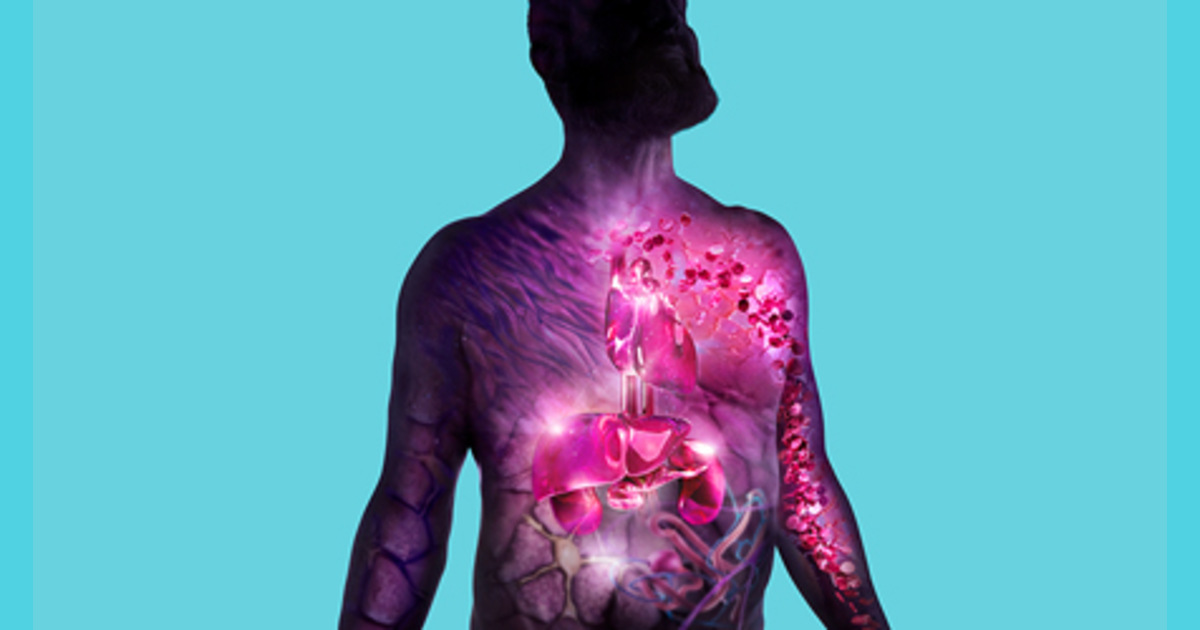The American Heart Association has introduced a new advisory on a condition known as CKM syndrome, which links heart, kidney, and metabolic disorders. This advisory offers updated guidance on screening, stages, and treatment for these interconnected health issues.
This has just unveiled a groundbreaking advisory that might change the way we think about health. They’re calling it the Cardiovascular-Kidney-Metabolic (CKM) syndrome. Here are the key takeaways in a nutshell:
What to know about CKM syndrome
1. The CKM Syndrome Connection
For a long time, experts have noticed the link between heart disease, obesity, type 2 diabetes, and chronic kidney disease. Now, the AHA officially labels this interconnected web of conditions as CKM syndrome.
2. Stages of CKM
The advisory outlines four stages, starting from “no risk factors” to “multiple risk factors.” Knowing your stage can guide your healthcare.
3. Social Factors Matter
Health isn’t just about biology; it’s about life. Economic stability, access to healthcare, education, and more can impact your health. Doctors will consider these social factors in your treatment.
4. Teamwork is the Key
This advisory promotes a collaborative approach. Your cardiologist, nephrologist, and endocrinologist may work together to provide the best care for CKM patients.
5. Predicting Risk
Understanding your risk is crucial. It motivates you to take steps for a healthier future. New tools help doctors calculate your personalized risk, leading to better prevention.
The AHA’s advisory redefines how we approach heart, kidney, and metabolic health. It’s about understanding the connections, considering social factors, and working as a team. By predicting your risk, you can take control of your health.








Leave a Reply
You must be logged in to post a comment.